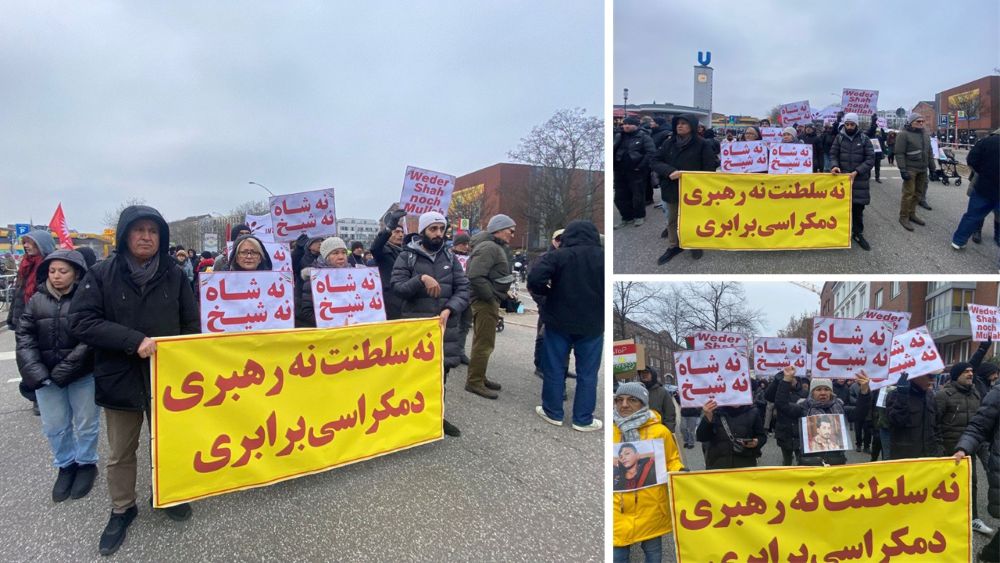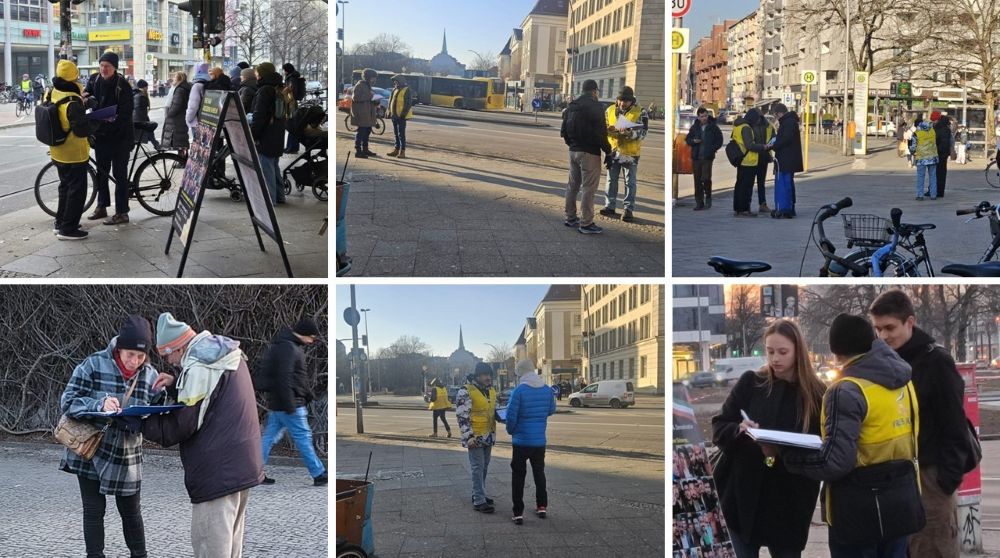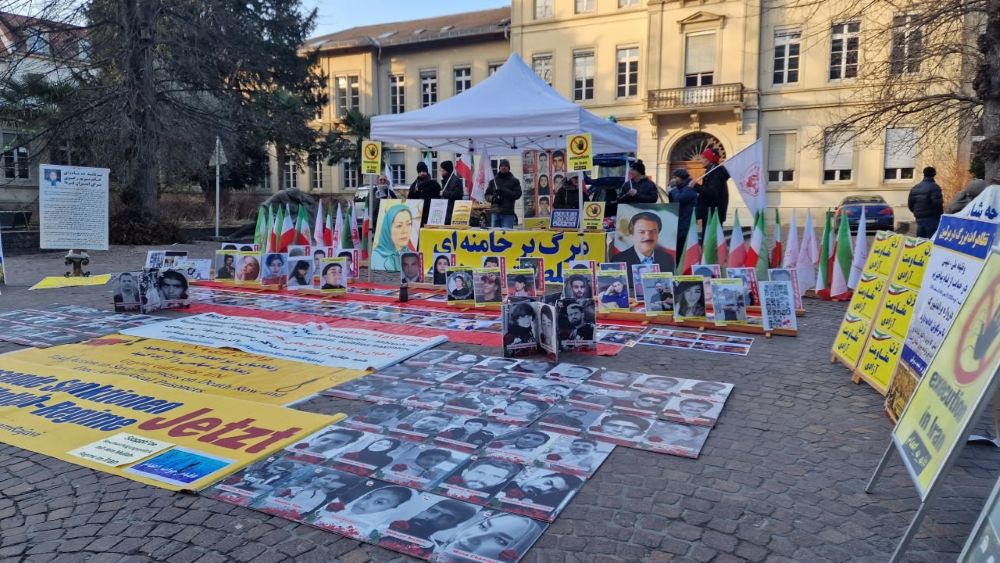The network of the People’s Mojahedin Organization of Iran (PMOI/MEK) commemorated across Iran the 40th anniversary of the beginning of resistance against the Iranian regime on June 20, 1981.
The MEK’s internal network, known as the Resistance Units, organized a vast campaign across the country hailing the June 20 anniversary, which is also known as the day of martyrs and political prisoners.
While the Iranian regime and through its election is trying to portray that its dictatorship is stable, the Resistance Units put up posters of the Iranian opposition NCRI President-elect Maryam Rajavi and the Iranian Resistance leader Massoud Rajavi in public places in Iran. The act of installing posters of Maryam Rajavi is a risky effort that can lead to the death penalty for the PMOI/MEK network inside Iran. However, the PMOI/MEK network spreads the Iranian opposition leaders’ posters to shatter the atmosphere of suppression in Iran. The regime has tried hard to silence and oppress the growing PMOI/MEK network’s voice, but to no avail.
Following the 1979 revolution, Ruhollah Khomeini’s regime continued to sink the country into a merciless religious dictatorship that spared neither women, nor students, nor minorities. In the same period, Khomeini’s henchmen murdered 70 members and supporters of the MEK during peaceful rallies, meetings, and protests.
On June 20, 1981, the MEK tested the democratic environment a final time by launching a demonstration to remind the Khomeini regime of its responsibilities to respect the fundamental freedoms of the Iranian people. In Tehran, more than 500,000 people attended the demonstration, which hadn’t been publicly declared in advance.
In response, Khomeini ordered the Revolutionary Guards (IRGC), his personal army, to open fire on the unarmed and peaceful protesters.
Therefore, June 20 is known in Iran as a turning point of the Iranian people’s struggle for freedom that proved the regime is unable to reform and needs to be overthrown.
On June 20, 2021, in a large online event held in Ashraf 3, MEK’s headquarters in Albania, and many other locations across the world, Maryam Rajavi, the President-elect of the National Council of Resistance of Iran (NCRI) said, “June 20 is the momentous day of holding fast to the historical red lines that set apart freedom from despotism and dictatorship, brightening and illuminating our 40-year history. Forty years of steadfast perseverance despite repression, massacre, and demonization; Forty years of Resistance to establish and advance the democratic alternative; Forty years of relentless struggle while constantly keeping aloft the flag of regime change and the overthrow of religious fascism.”
In recent days, in honor of MEK’s struggle for freedom, the Resistance Units installed anti-regime banners and slogans in over hundred areas in many cities, including Tehran, Isfahan, Shiraz, Tabriz, Qom, Mashhad, Kermanshah, Yazd, Shahriar, Dehdasht, Khorramabad, Qazvin, Semnan, Karaj, Najafabad, Rasht, Behbahan, Saveh, Esfarayen, Ahvaz, Shushtar, Behbahan, Saravan, Chalus, and Babol.



